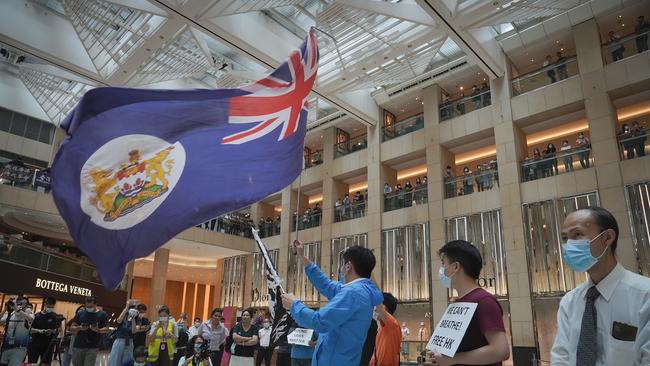
The bad news is that those Hong Kongers who are considering coming — 100,000 are Australian citizens — are doing so because they fear the downfall of their beloved home city.
In recent days, the grim news from the US — on top of its COVID agony — has all but shouted down the worse news from Hong Kong.
We’re not yet halfway into the 50 years of “one country, two systems” pledged by the People’s Republic of China to Britain before the 1997 handover of Hong Kong. Yet Chinese President Xi Jinping has used the youthful energy, and the occasional violence, exuded by the protest movement there as a justification for doing what he always wanted: to bring this “special administrative region” into line with the rest of the harshly suppressed country.
The new legislation imposed by the National People’s Congress in Beijing will open the doors to agents of the ministries of state security and public security to operate in plain sight in Hong Kong, equipped with unspecified “enforcement mechanisms”.
The legislation will enable the PRC’s diverse disciplined forces to act against anyone in Hong Kong who is deemed to be co-operating with “foreign political organisations or bodies” — interpretable, in mainland legal precedent, to mean anyone supporting the rule of law, free media or fully accountable government.
The education system will be restructured to reflect the Chinese Communist Party’s carefully scripted draft of history. Patriotism for the PRC — which many Hong Kongers’ grandparents originally fled — will become compulsory, with a new law passed last week criminalising disrespecting March of the Volunteers, the PRC’s national anthem: “Let us build a new Great Wall, As China faces its greatest peril!” The penalty for anthem sacrilege: up to three years in jail.
The tough new legislation is likely to erode Hong Kong’s status as a huge magnet for capital and for deals between China and the West. About $119bn has been invested in Australia from Hong Kong, with only 54 per cent as much coming here from mainland China. But that neutral ground in terms of the conduct of the law and of open information — handy for signing contracts — will become more palpably PRC ground.
Long-established HK companies such as HSBC and Jardines have submitted to signing circulars supporting the Beijing legislation, after being warned by former Hong Kong chief executive CY Leung they should learn “which side their bread is buttered”. One wonders how Chinese firms such as Bank of China, Huawei or Alibaba operating in Western jurisdictions might respond if they were cajoled to back, say, independent investigations into the origins of COVID-19.
The Hong Kongers who will be landing in Australia on a more permanent basis — often, before, they came for further education and professional experience — know the new nature of Xi’s PRC. Some came here before 1997, fearing the worst for Hong Kong but returning as life at first seemed to carry on much as before. That, however, was never going to be acceptable to Xi.
New Hong Kong arrivals will become welcome additions to our already diverse ethnic Chinese communities, providing fresh insights into the true meaning for all of us of Xi’s dream of the great “rejuvenation” of the power and reach of the Chinese state.
Hong Kong has become a crucial battleground. If Xi falters there now, he’s in peril on the Chinese mainland, where he has made millions of enemies. If the West falters in responding, its own influence will diminish everywhere. And right now, it is indeed faltering. Western supporters of human rights, understandably, are railing against the US authorities, but many are also turning a blind eye to the more lethal and unyielding regime in Beijing.
Ho-Fung Hung, an associate sociology professor at Johns Hopkins University in the US, says the PRC backing for Black Lives Matter “does not stem from a genuine concern for human rights and the wellbeing of African-Americans; the Chinese people have not been given any opportunity to protest in solidarity with Americans or against the abuses against black residents in China itself”, including rampant racism on China’s internet, untouched by censors who crush opinions the CCP dislikes.
The PRC’s motivation, Hung says, “is simply to tell the US, and everybody else, to stop criticising China over its own human rights abuses”.
Yes, black lives certainly do matter. But that should not mean that we appear to shrug away Hong Kong and Chinese lives as mattering less.
Rowan Callick, an industry fellow at Griffith University’s Asia Institute, is the author of Comrades & Capitalists: Hong Kong Since the Handover.


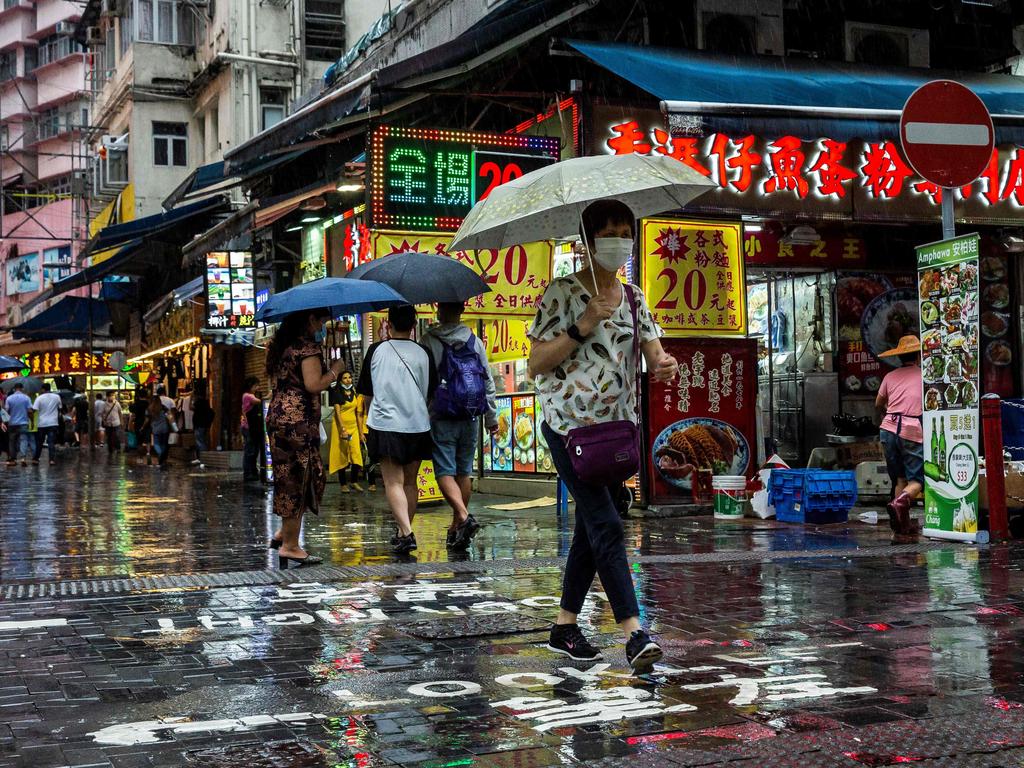
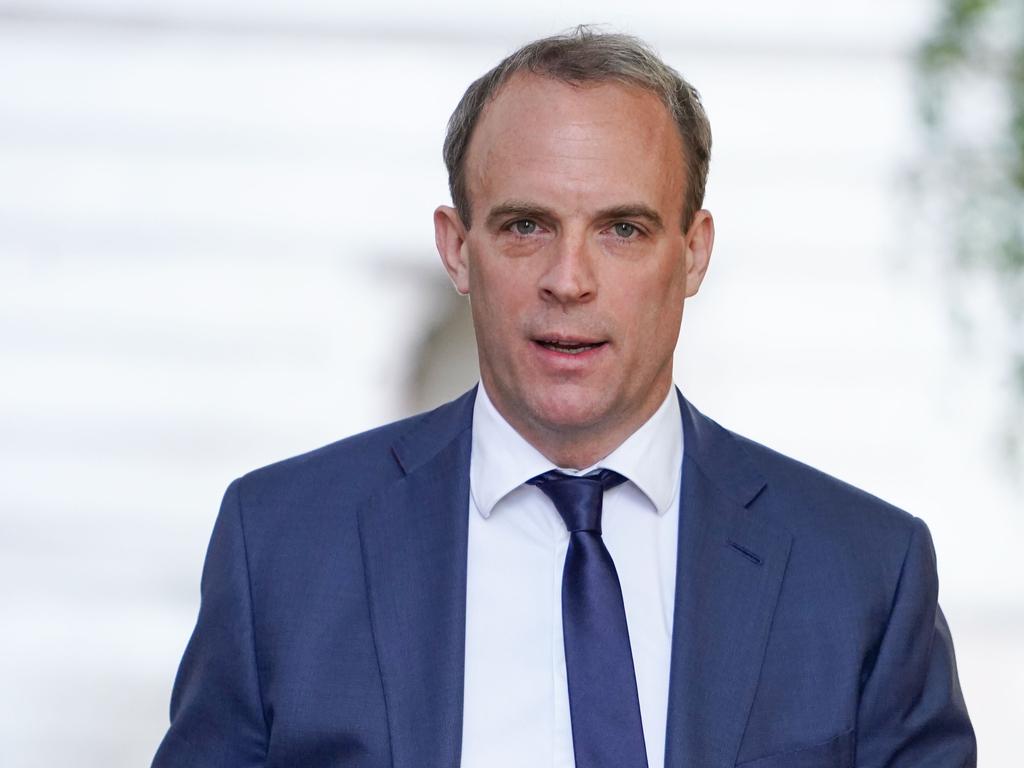
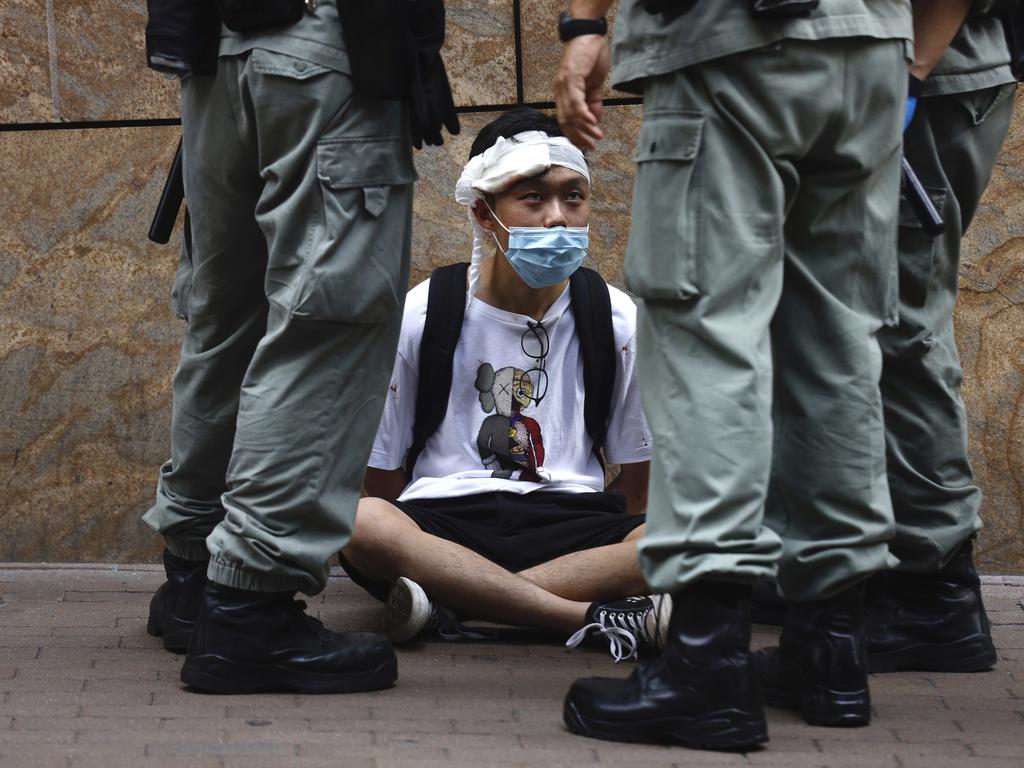
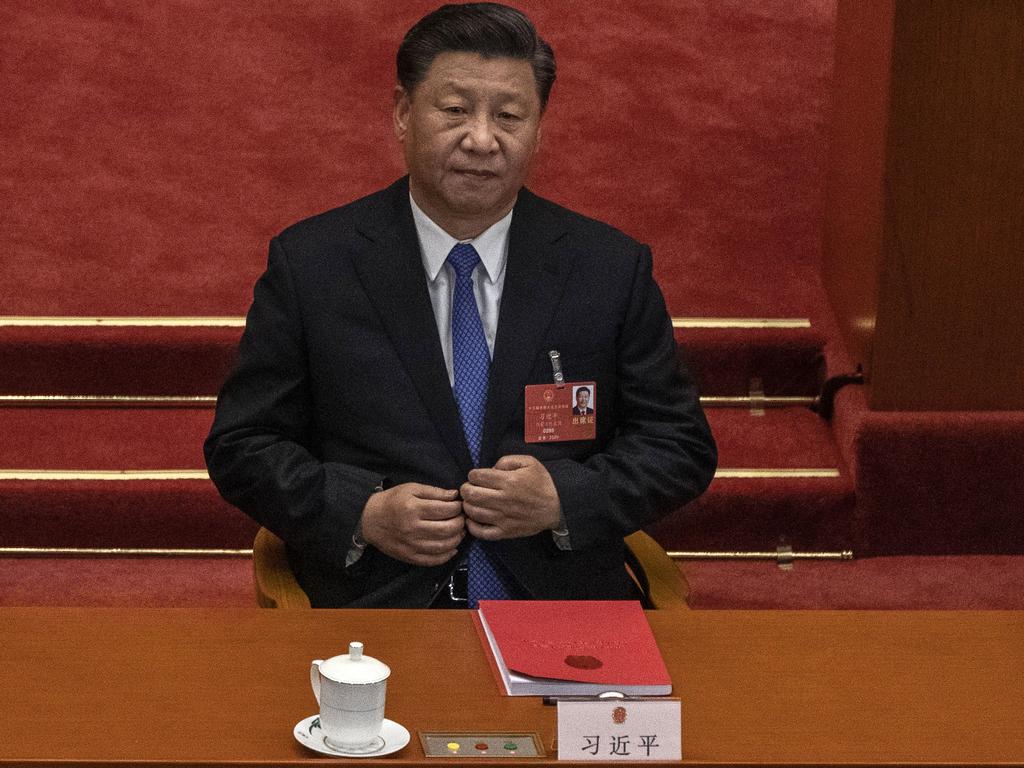


Here’s the good news: many thousands of well-educated, skilled, English-speaking, asset-bearing supporters of Australian values are likely to migrate here permanently during the next few months as the pandemic lockdown eases.